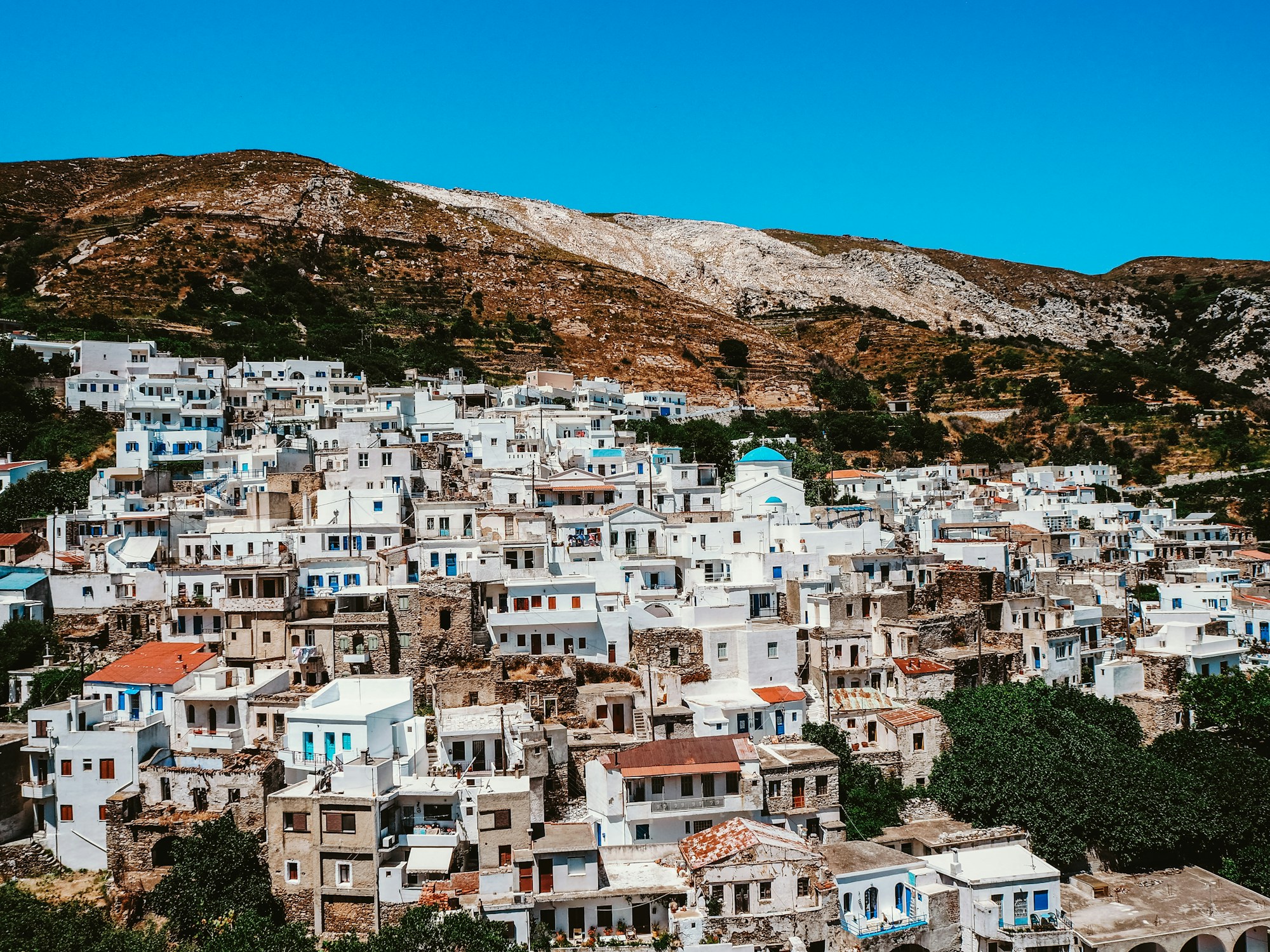Naxos Culture and Traditions: History, Customs, and Festivals Guide
Explore Naxos culture, history, customs, and vibrant festivals in this essential guide to Greece's largest Cycladic island.

Naxos Culture and Traditions: History, Customs, and Festivals Guide
Welcome to Naxos, the largest island in the Cyclades archipelago in Greece, renowned for its rich history, vibrant culture, and distinctive traditions. Naxos offers visitors a unique blend of ancient ruins, medieval architecture, and nothing short of charming villages. This guide will immerse you in the island’s storied past and lively customs, as well as introduce you to its exciting festivals and local anecdotes. Whether you are a history buff, culture enthusiast, or just an inquisitive traveler, this guide promises a comprehensive understanding of what makes Naxos truly unique.
History of Naxos
Ancient Times
Naxos has a history that stretches back to ancient times. It is believed to have been inhabited since at least the Neolithic era. The island played a significant role in ancient Greek civilization due to its strategic location in the Aegean Sea.
According to mythology, Naxos was where the god Dionysus found Ariadne asleep after she had been abandoned by Theseus. The island is often referenced in ancient myths and legends. The ancient city of Naxos, now an archaeological site, was a significant center of commerce and culture during the classical period.
Medieval and Venetian Periods
The Middle Ages saw Naxos falling under Byzantine rule, followed by brief domination by the Genoese. However, the most influential era was under Venetian rule, starting around 1207 AD, established by Marco Sanudo. The Venetian period left a lasting mark on the island through architecture, customs, and language。
Ottoman Empire and Modern History
After the Venetian period, Naxos came under Ottoman control until the Greek War of Independence in the 19th century. Post-independence, Naxos became an integral part of the modern Greek state. Today, Naxos has grown into a charming blend of its diverse historical influences.
Customs and Cultural Practices
Traditional Attire
In many Naxian villages, older inhabitants still sport traditional attire during festivals and significant social gatherings. Men typically wear a white shirt with the 'vraka,' a traditional pair of baggy trousers, while women adorn colorful dresses embellished with intricate embroidery.
Music and Dance
Music and dance form the heart of Naxian culture. Traditional music instruments like the ‘tsambouna’ (a type of bagpipe) and ‘laouto’ (a lute-like instrument) often accompany local dances. Popular dances include the lively ‘ballos’ and the more solemn ‘syrtos.'
Cuisine
Naxos is famous for its delectable cuisine. Dishes are primarily based on local produce, including cheese, olive oil, and fresh vegetables. Key culinary delights include:
- Grilled Octopus: Freshly caught and a celebrated seafood staple.
- Potato Dishes: Naxos is renowned for its potatoes used in various traditional dishes.
- Local Cheeses: ‘Graviera Naxou’ and ‘Arseniko’ are popular cheeses that visitors must try.
Festivals and Celebrations
Carnival (Apokries)
Naxos celebrates Apokries with great enthusiasm. The festivities last for weeks, featuring traditional dances, parades, and an array of colorful costumes. The pinnacle of the celebration is on Clean Monday, marking the beginning of Lent.
Easter
Easter is one of the most significant religious holidays in Naxos. The island comes alive with processions, candlelit services, and a feast to break the fast. Traditional foods like roast lamb and ‘magiritsa’ (a Greek soup) are prepared.
Feast of Panagia Drosiani
Held in August, this feast celebrates the Assumption of the Virgin Mary. Locals gather at the Panagia Drosiani Church, one of the oldest in Naxos, to partake in religious ceremonies followed by communal feasts and folk dances.
Festival of Agrarian
This festival, held annually, honors Naxian farmers. Featuring traditional agricultural exhibits, local products, and traditional music and dances, the festival truly embodies Naxian agrarian culture.
Anecdotes and Interesting Facts
Naxos is brimming with fascinating tales and unique facts:
- Naxos is home to the famous 'Portara,' the ancient doorway of the Temple of Apollo, symbolizing the island.
- The island is known for its marble, which was used in ancient sculptures and structures, some of which remain today.
- Locals strongly believe in the myth of Ariadne and Dionysus and celebrate it through various cultural events.
- The island's famous residents include the prominent actor Nikos Kazantzakis, known for his novel “Zorba the Greek.”
Naxos invites travelers not just to witness its beauty but to delve into its heart through its enduring customs, lively festivals, and rich historical tapestry. As you explore, you will find that every corner of the island tells a story and each villager has a tale to share.
